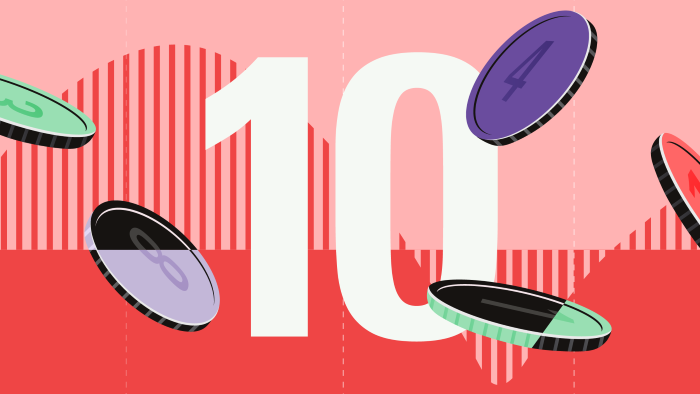International Monetary Fudge
Don’t try to make too much sense of the latest predications from the International Monetary Fund. It has no more idea of forecasting than anyone else. However, the one thing that it has got almost right this time, having got it horribly wrong three months ago, is to upgrade the outlook for the UK economy over the rest of this year.
The IMF now expects the UK economy to record growth of 0.9% this year compared with a forecast reduced to 0.7% three months ago. If that downgrading of our outlook in April looked to be erring on the side of caution then, it looks downright stupid now.
Most economists are forecasting at least 1% for the UK in 2013 with the actual figure possibly coming out at 1.2%. You could be forgiven for scaling back your hopes in the light of the latest IMF forecast but you would be wrong to do so. With growth of 0.3% in the first quarter and 0.5%, possibly 0.6%, expected for the second quarter, the IMF is effectively forecasting no growth in one or perhaps both quarters in the second half.
There are two paradoxes in the IMF’s position. Firstly, it has chosen to upgrade the UK while at the same time downgrading the US, Europe and most of the developing world. The projected shrinkage in Europe has been doubled from 0.3% to 0.6%.
It is hard to believe that the UK can do so much better if others are doing so much worse. Latest trade figures, for the three months to May, suggest the opposite. Imports of goods grew more rapidly than exports and the trade deficit was slightly worse than expected as a result.
The second paradox is that the IMF urged austerity on the Eurozone fringe but argued strongly that it was a mistake in the UK. Economic evidence so far suggests that it has been disastrous in the Eurozone but has worked moderately well here. Indeed, the latest IMF revisions confirm that that is what has happened.
There was a minor controversy a couple of years ago when an economist argued that consumer confidence, long seen as an early indication of how the economy would perform, was in fact a lagging indicator. It reflected what had happened over the past few months rather than what was about to happen.
We should see IMF forecasts in the same light. They are not a leading indicator. They are simply catch-up.
If I Were a Gambling Man
I am not a gambling man, except when playing Monopoly with pretend money, and generally opt for safe investments. But I am tempted to have a punt on the Conservatives winning an outright victory at the next General Election.
If the economy is slowly coming right and people can see hope that the five-and-a-half year recession is coming to an end, then voters will blame Labour for the mess and herald the coalition as being right all along.
This scenario assumes a continued improvement, which is by no means guaranteed, and the continuation of the coalition government to the middle of 2015, a far more likely prospect as neither partner dare risk an election while Labour is still well ahead in the polls.
The Conservatives would be the main beneficiaries but the Liberal Democrats would claw back some of the votes they will otherwise lose to Labour, thus splitting the anti-Tory vote, as happened when Margaret Thatcher was in power.
More Sparks at Marks
Did Marks & Spencer deserve the stock market reaction, a fall of 6.5p, on the release of its latest sales figures? I think not, and I write as someone who has spurned retail shares, including M&S.
The main negative figure is that general merchandise, which includes clothes and homeware, has recorded its eighth successive quarter of contraction – but only on a like-for-like basis. Some of these sales, particularly for large items such as furniture, have shifted online as people look in stores, make up their minds at home then get on the internet.
In fact, total UK sales are up 2.7% in the three months to the end of June and general merchandising has edged up 0.5%. Once again the main growth is in food sales, up 4.5%.
I don’t deny that shareholders had hoped for a better pick up by now and much depends on the autumn winter range, arriving nicely in the shops in sweltering weather. However, if you have stuck with M&S shares through to now I see no reason for giving up the ghost at this stage. You are still guaranteed a decent dividend.
Follow my tweets
You can see my instant reaction to economic and financial news by becoming a follower of my tweets @rodneyhobson.
Rodney Hobson is a long-term investor commenting on his own portfolio; his comments are for informational purposes only and should not be construed as investment advice.








.jpg)


















